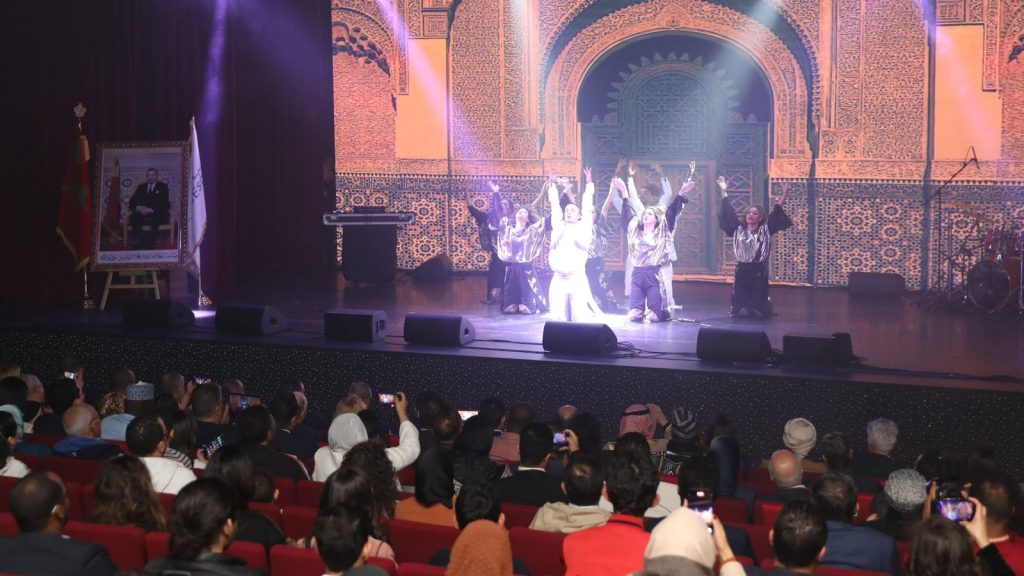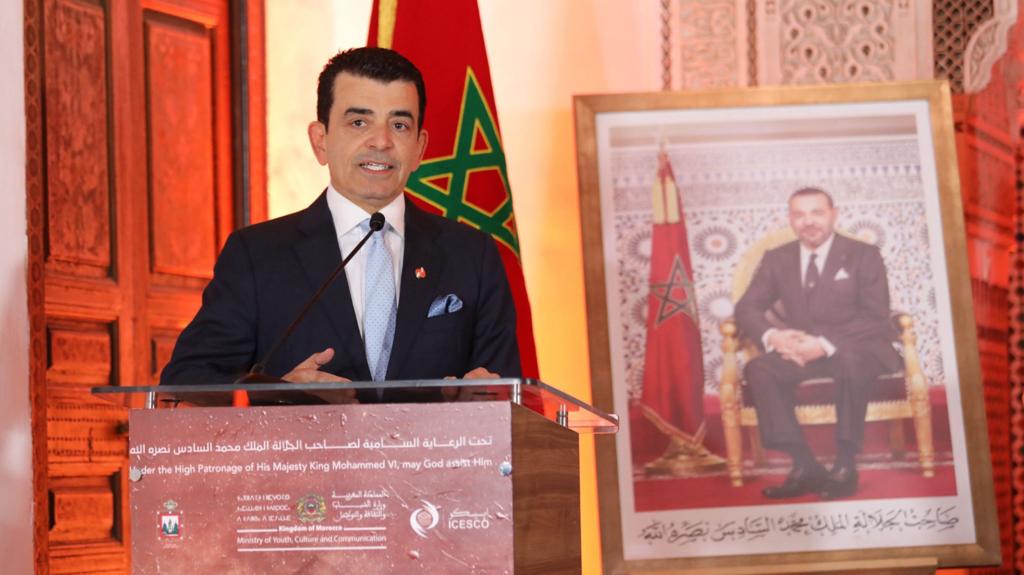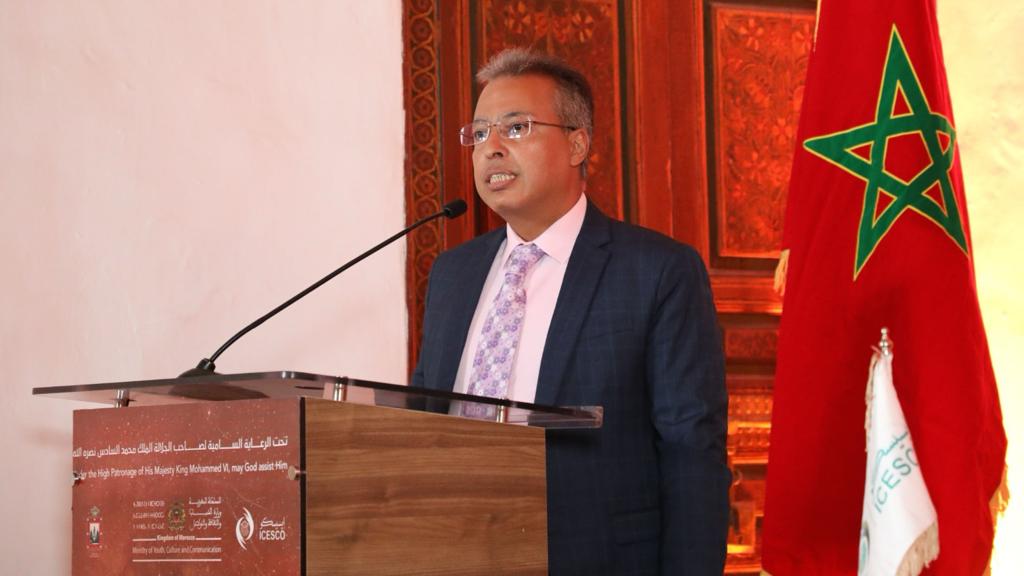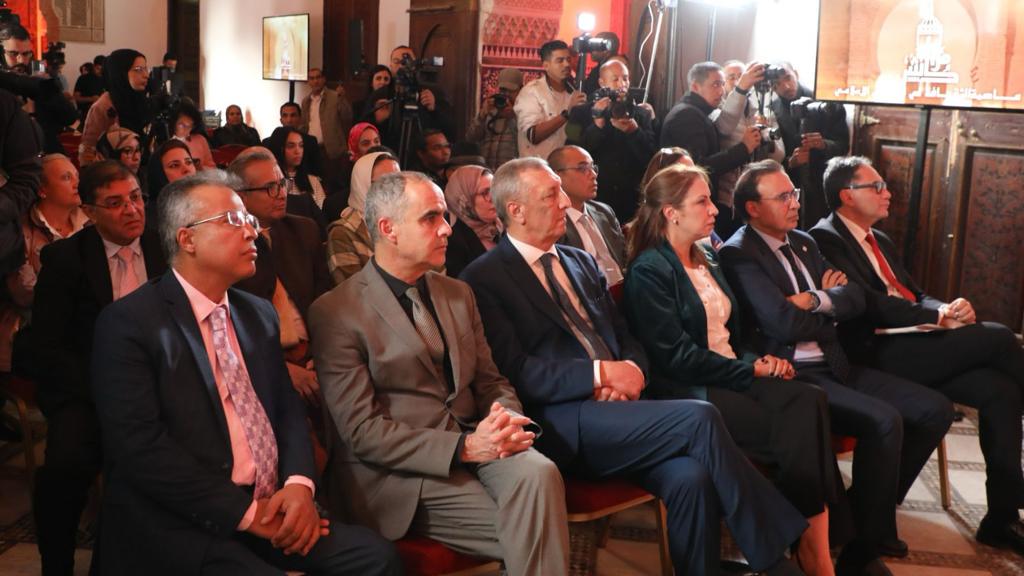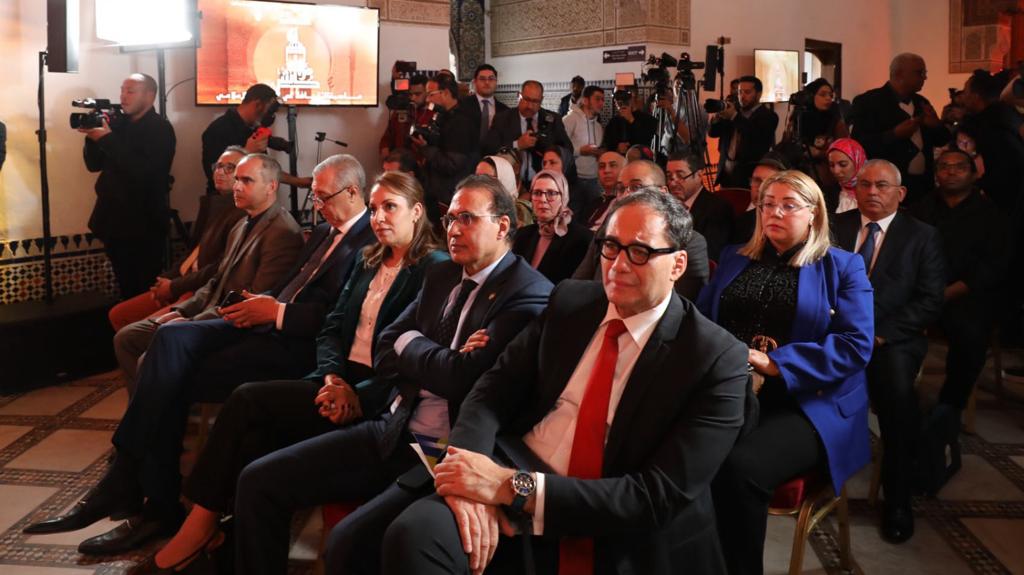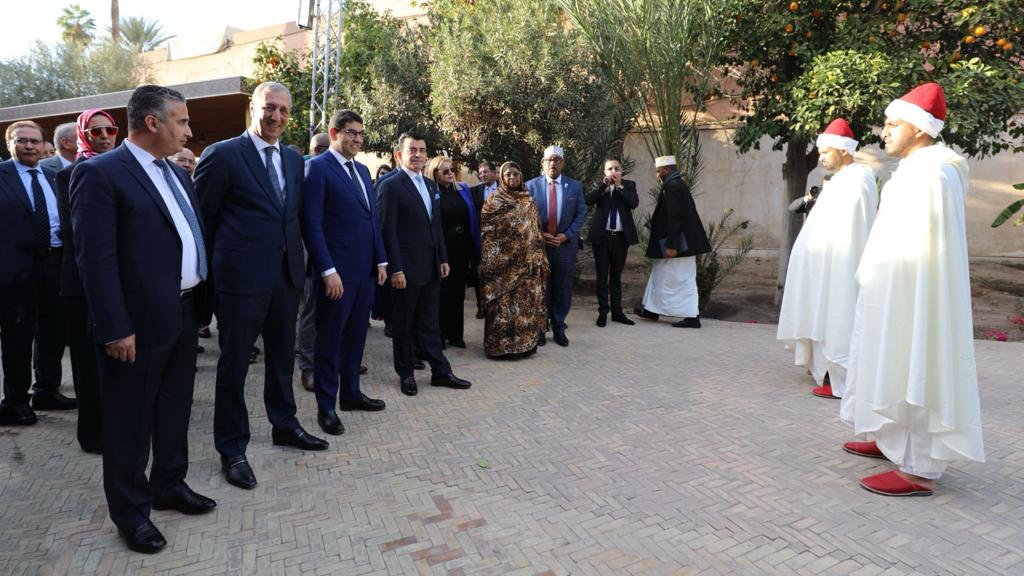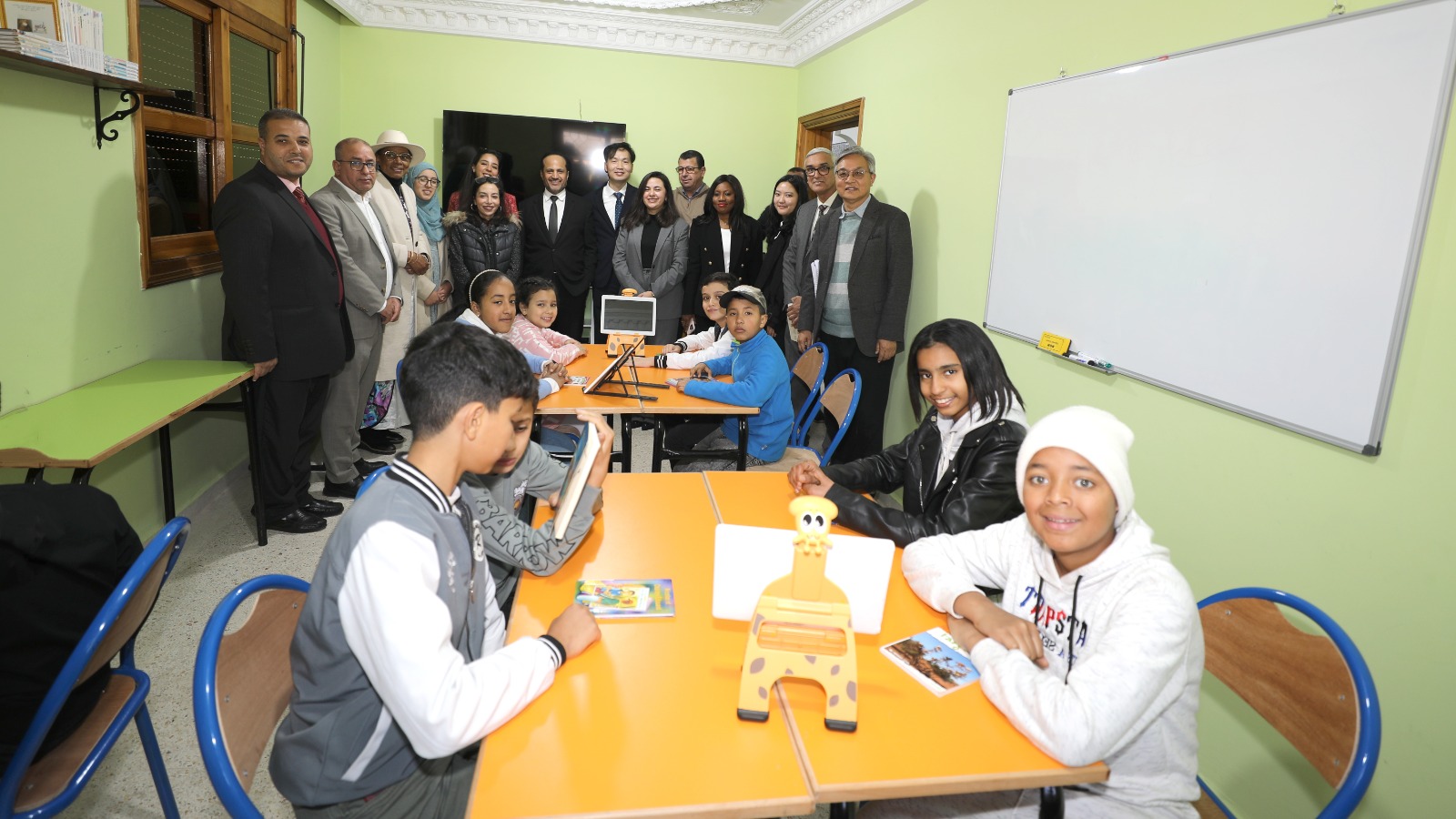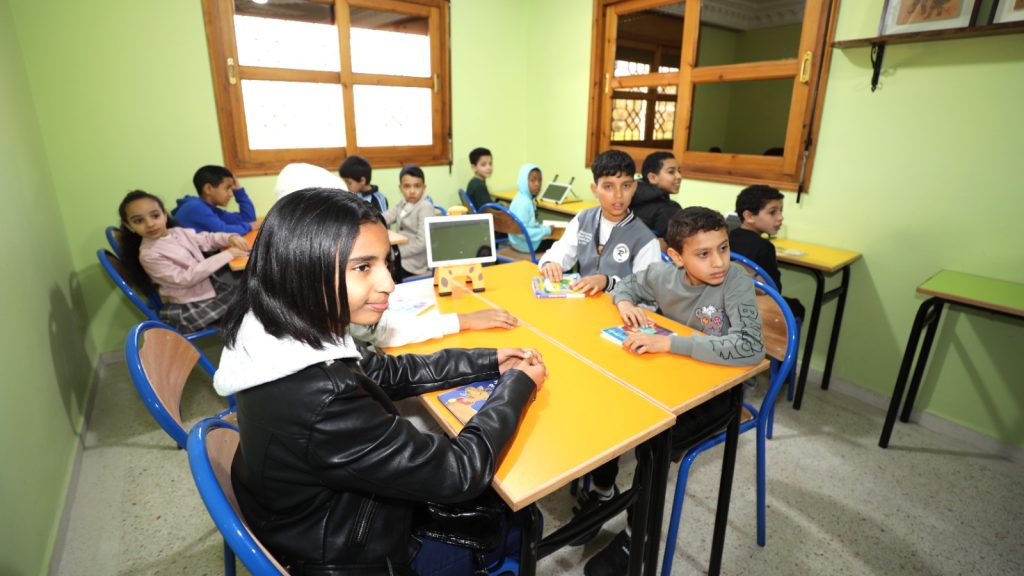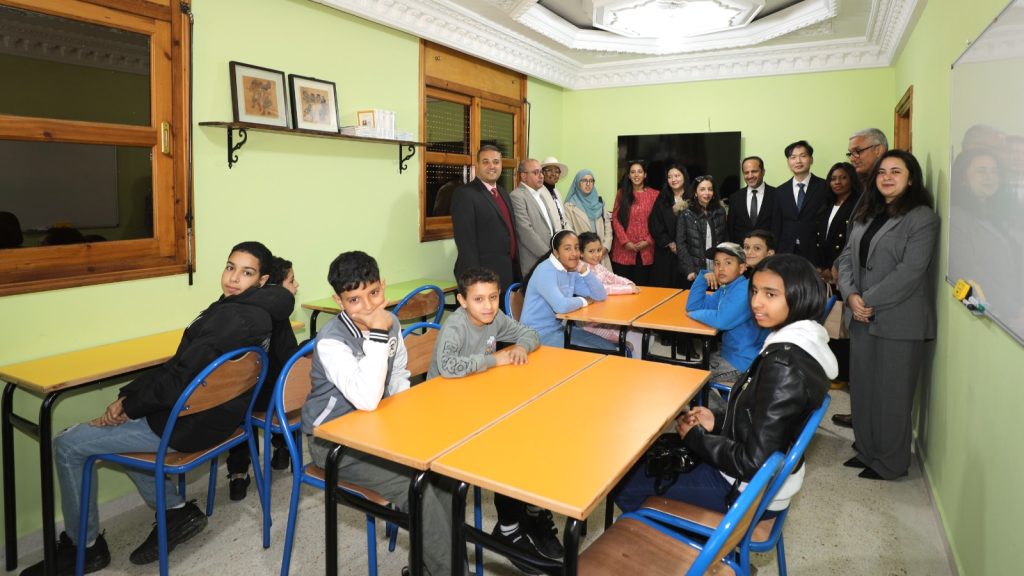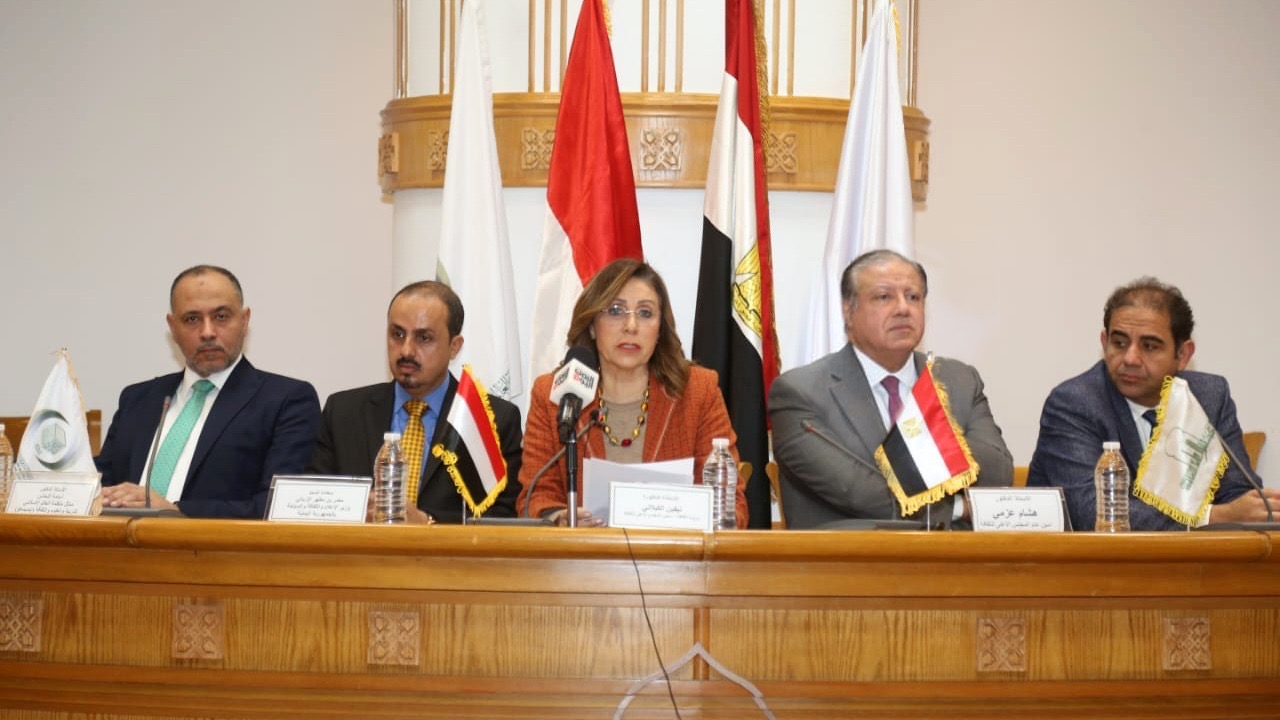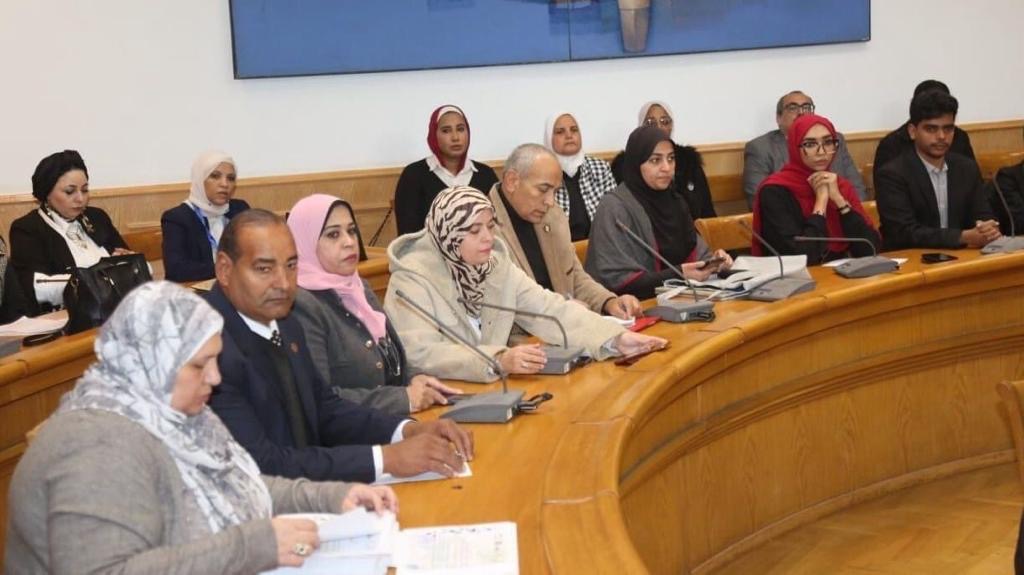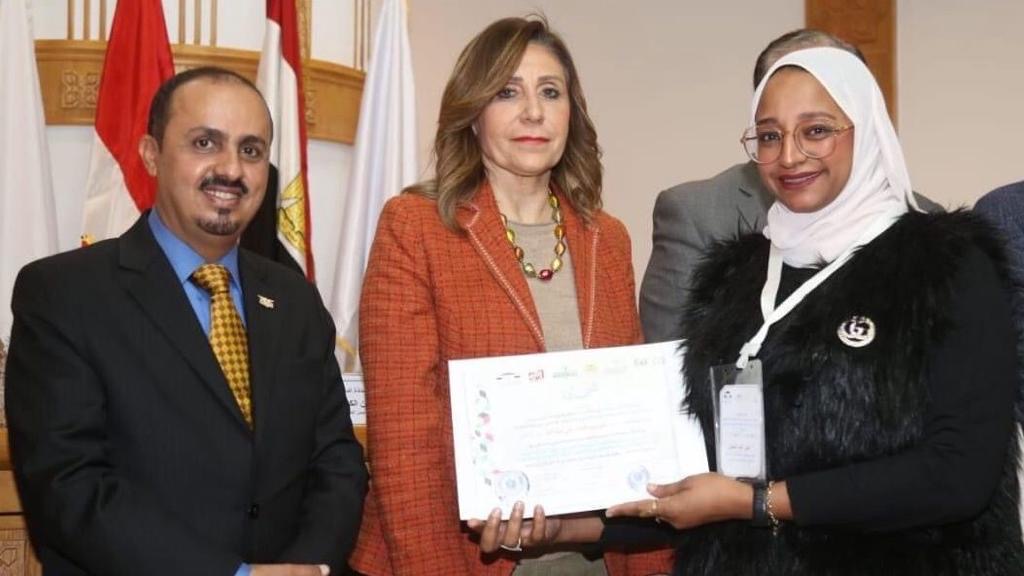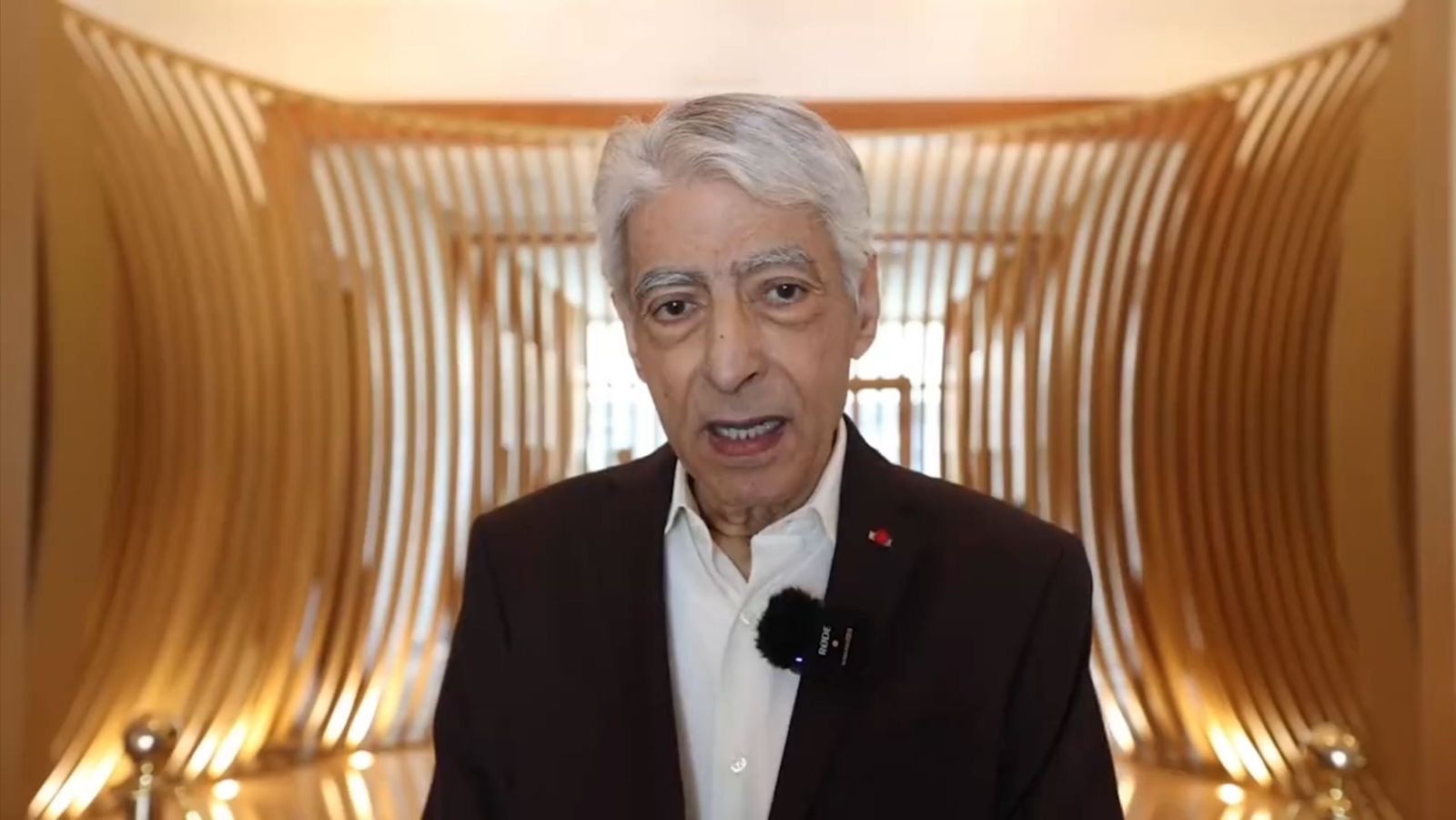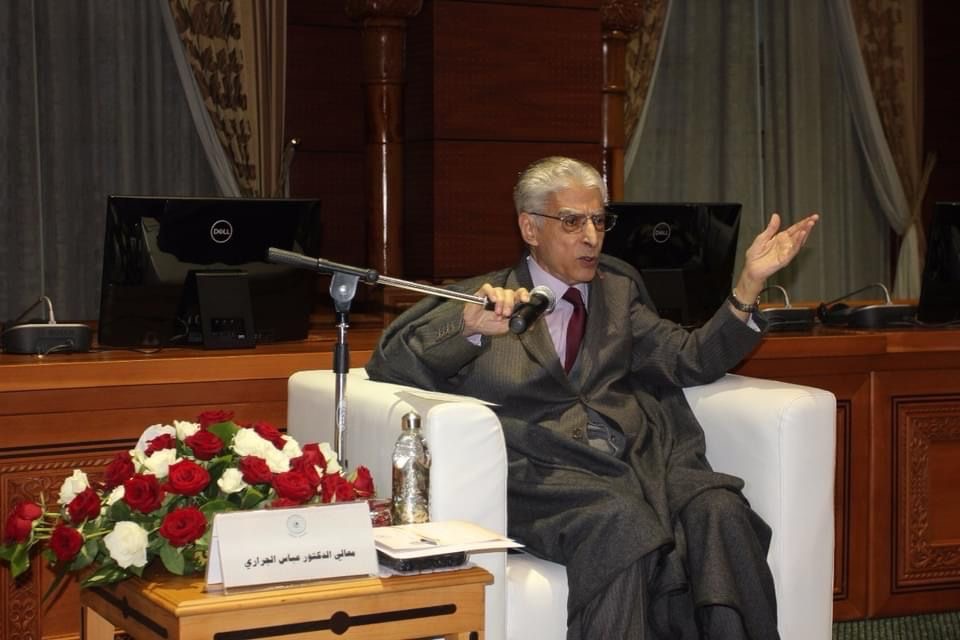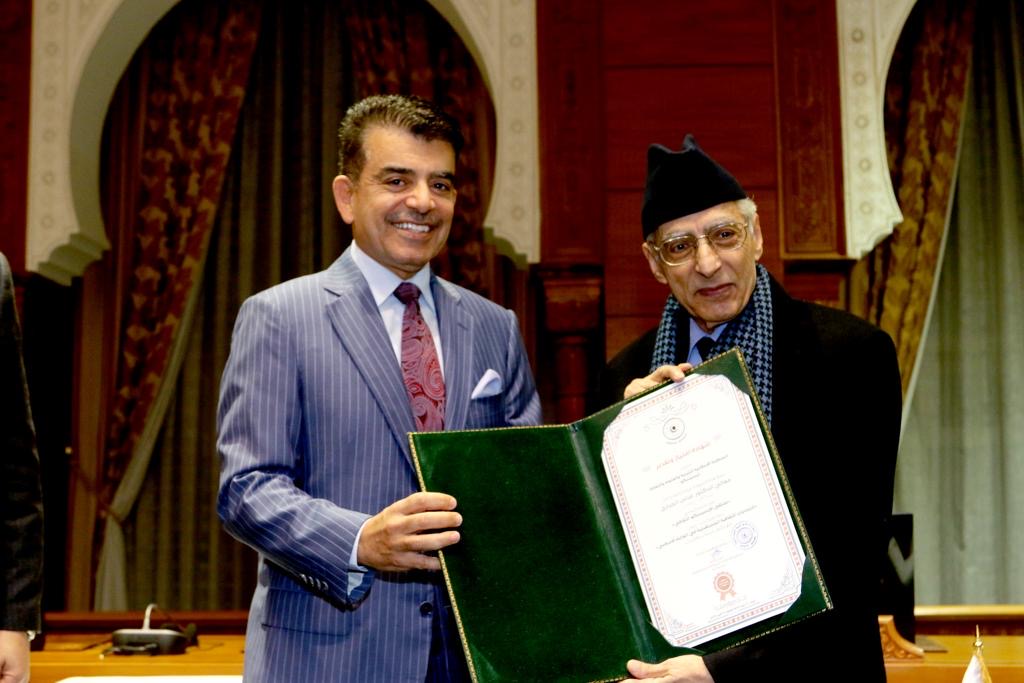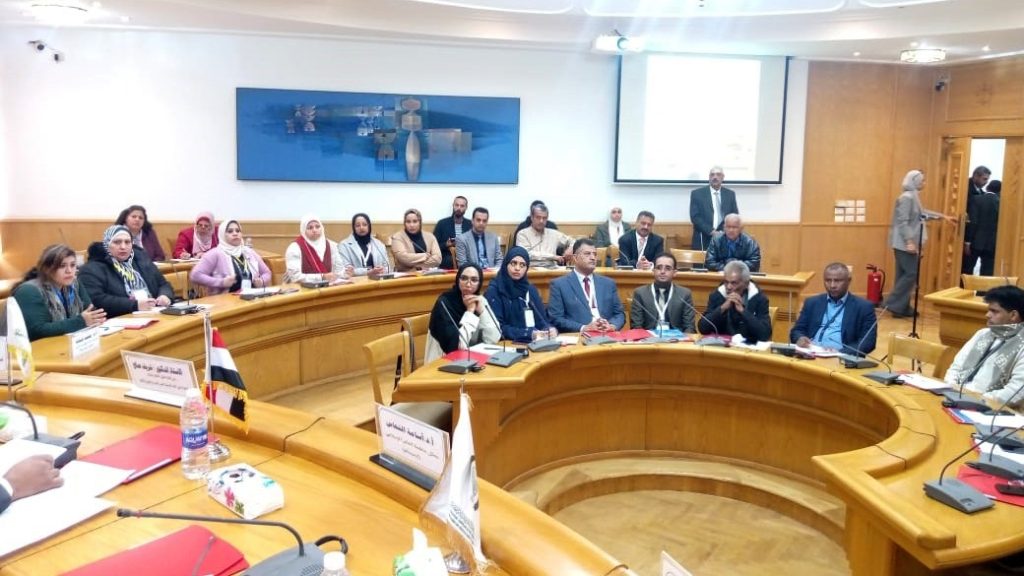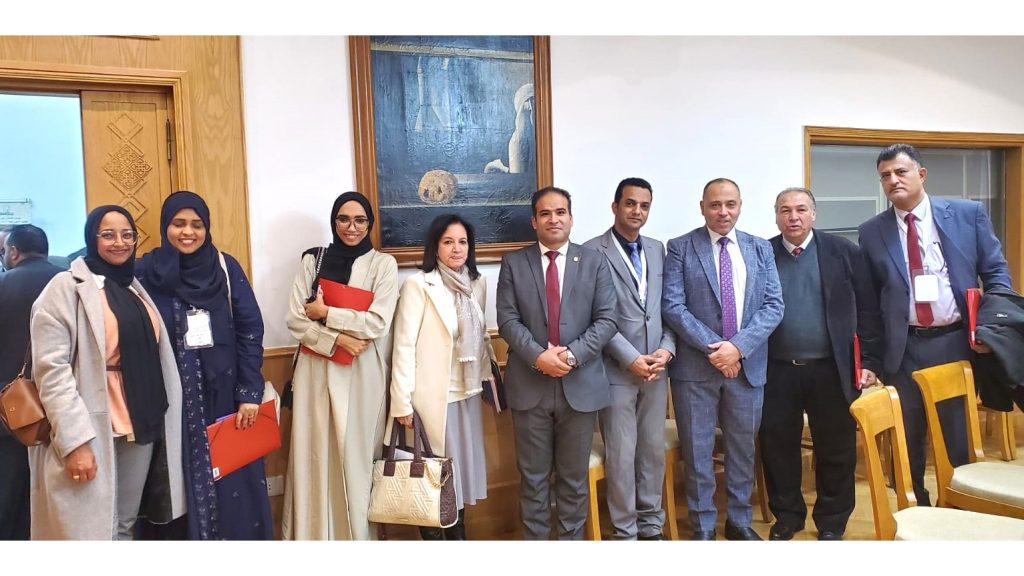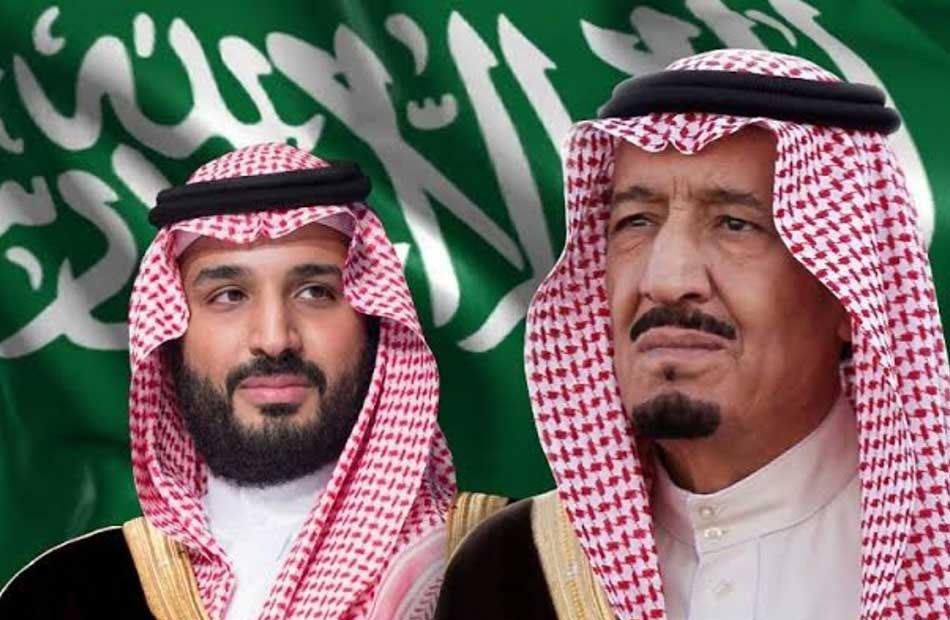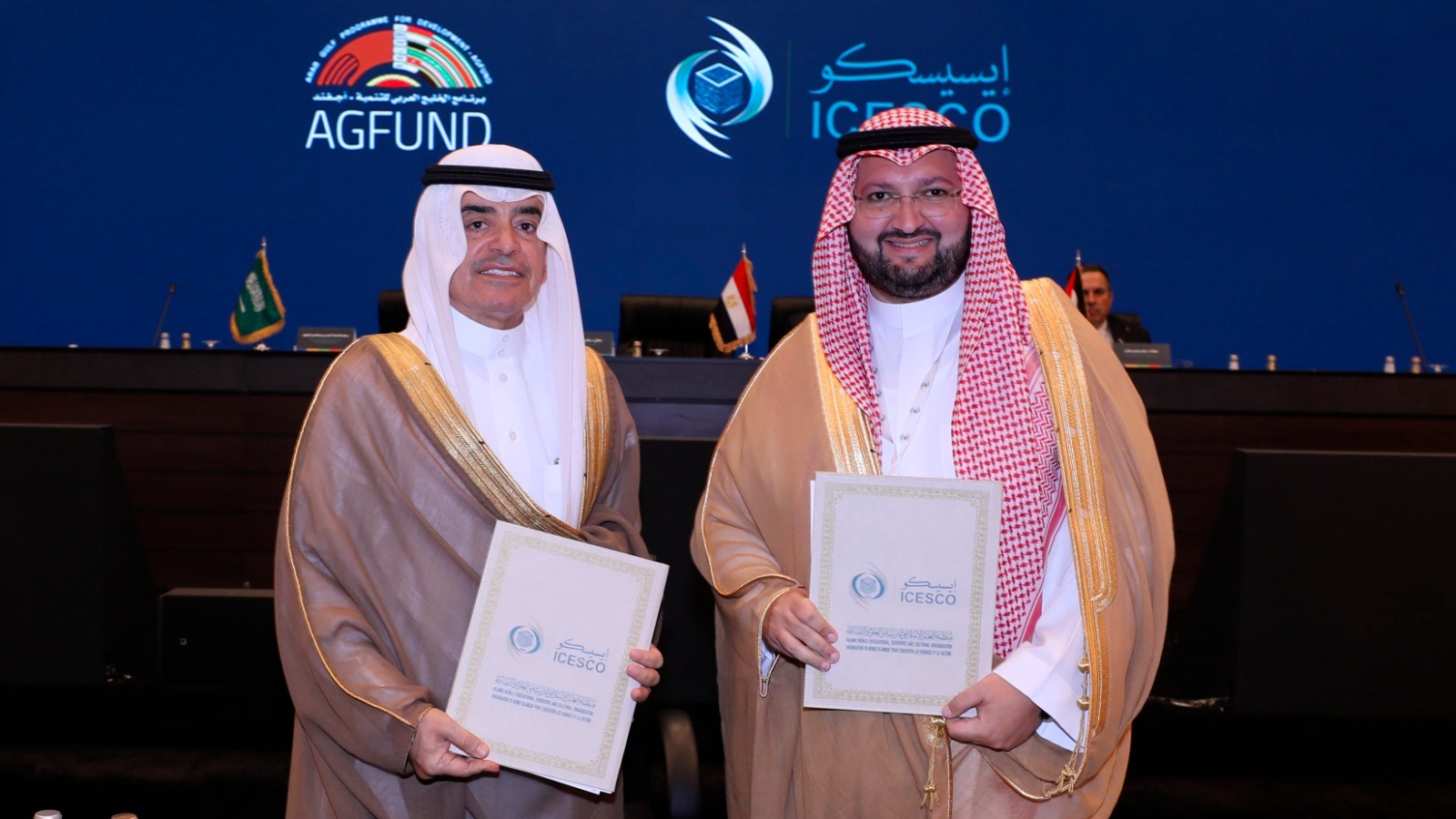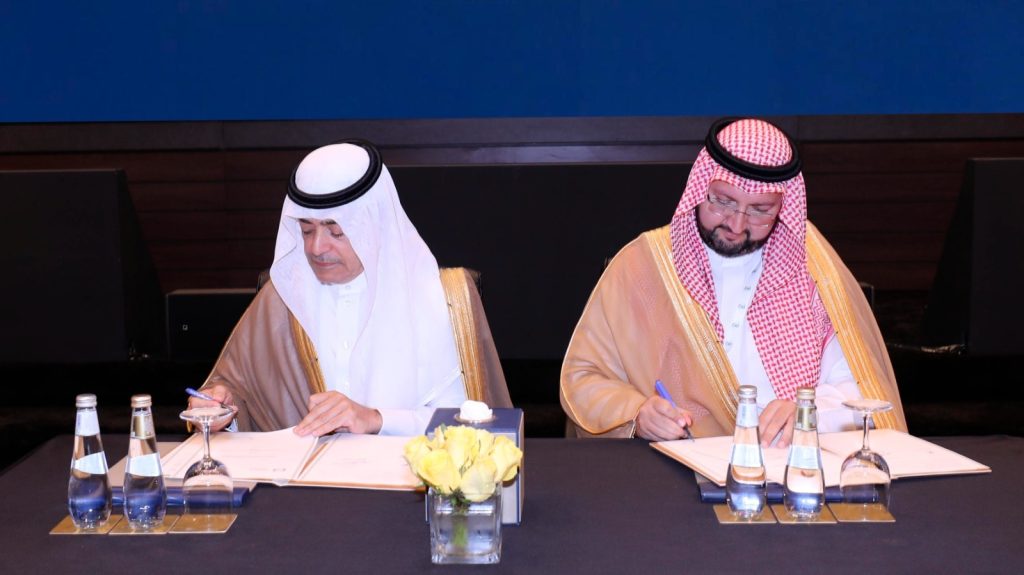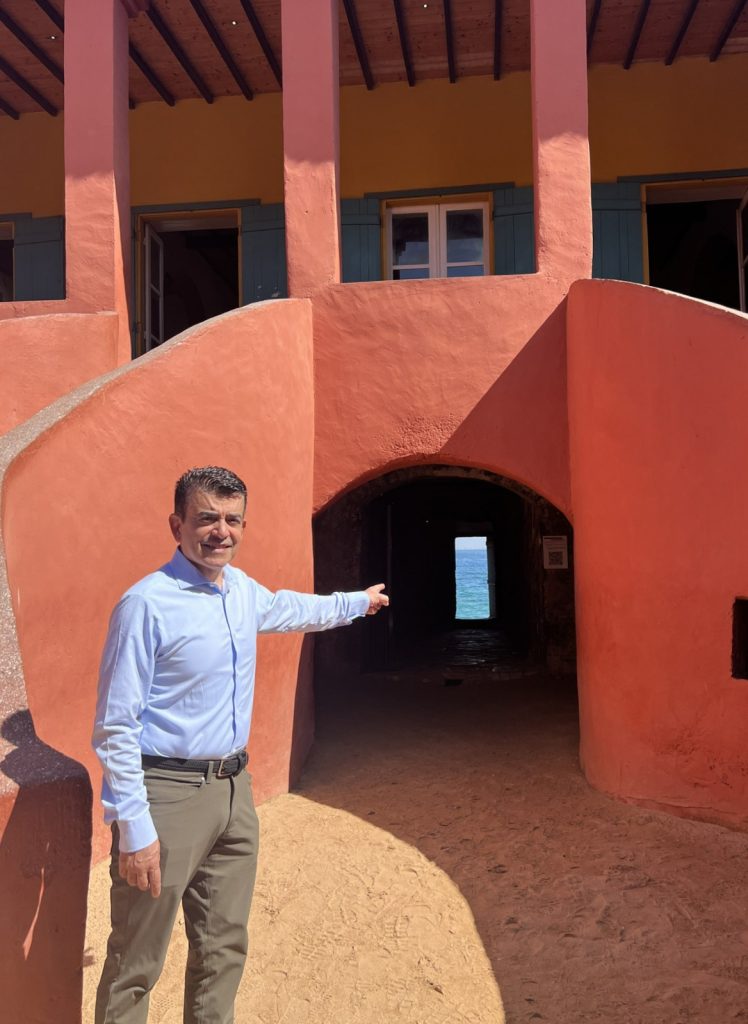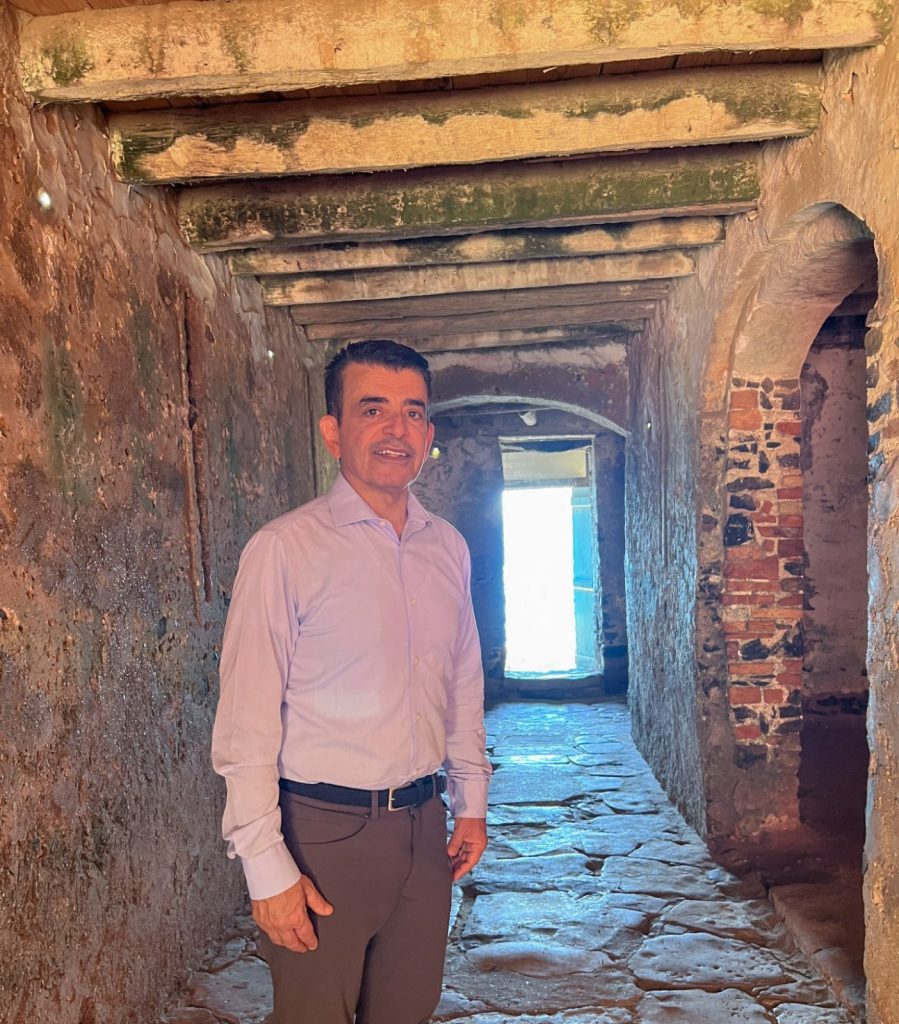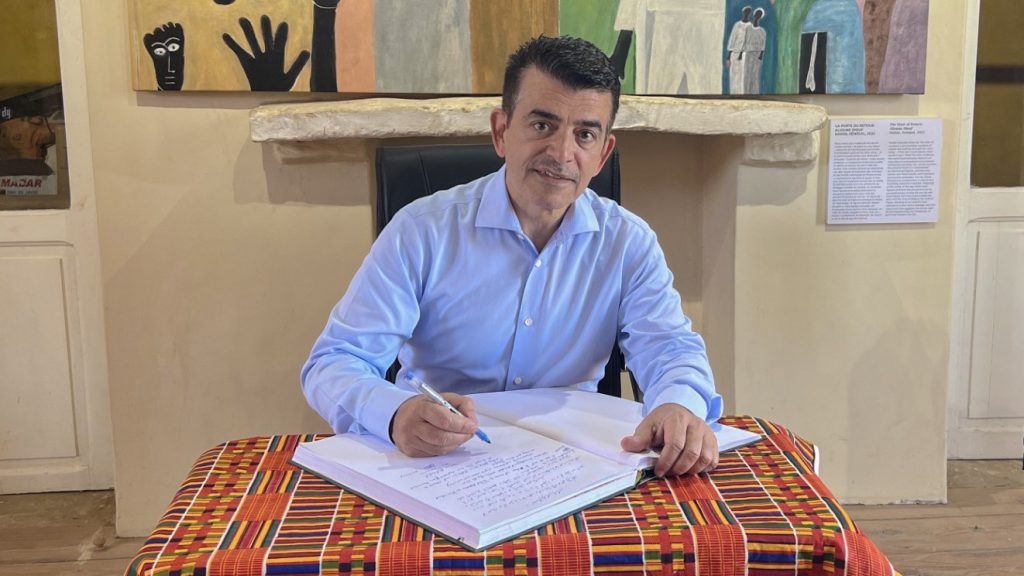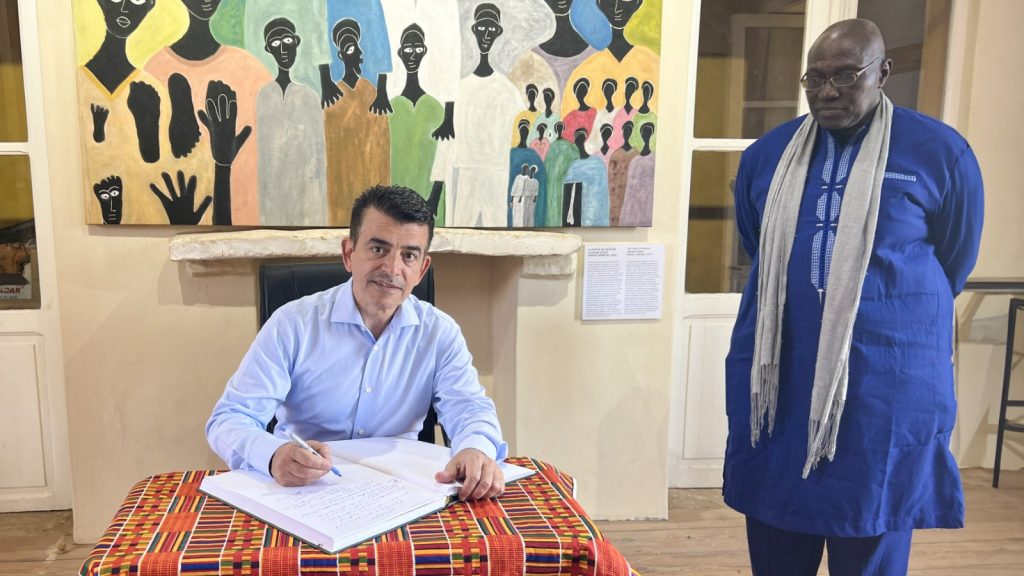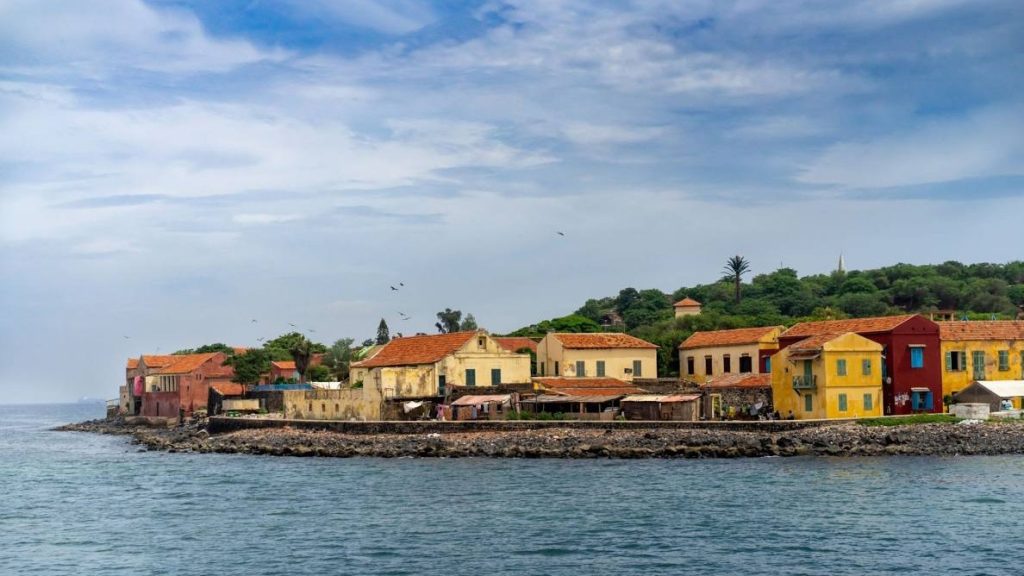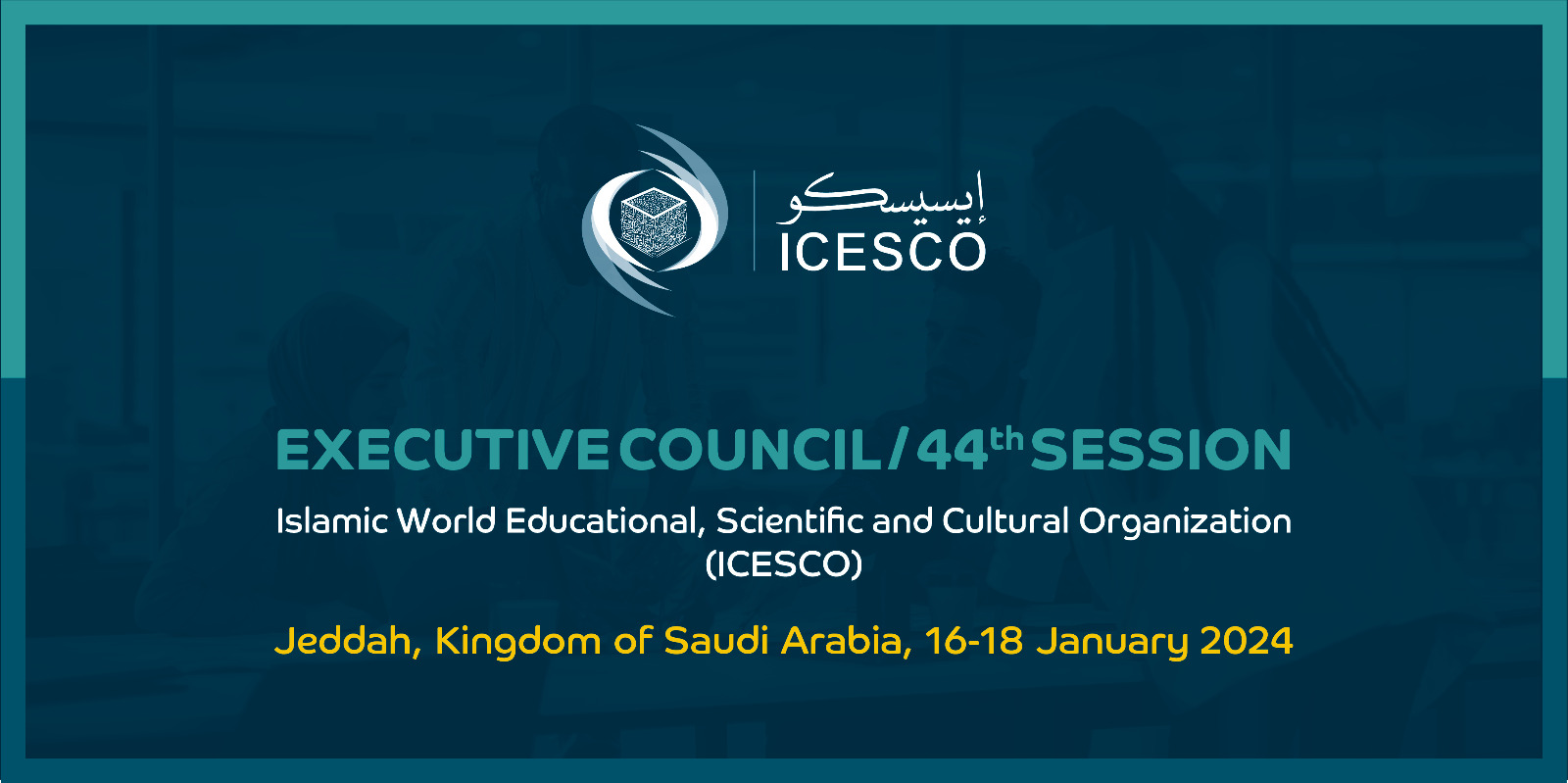The Celebration of Marrakech, Capital of Culture in the Islamic World for 2024, officially kicked off, under the High Patronage of His Majesty King Mohammed VI, may Allah assist him, in a major ceremony organized by the Moroccan Ministry of Youth, Culture and Communication in cooperation with the Islamic World Educational, Scientific and Cultural Organization (ICESCO).

The ceremony saw the presence of Mr. Enaam Mayara, President of the House of Councillors, Dr. Sami bin Abdullah Al-Saleh, Ambassador of the Kingdom of Saudi Arabia to the Kingdom of Morocco, on behalf of the Saudi Minister of Culture, Mr. Mohamed Mehdi Bensaid, Minister of Youth, Culture and Communication of Morocco, Dr. Salim M. AlMalik, ICESCO Director-General, Mr. Farid Chourak, Wali of Marrakech-Safi region, Mr. Mohamed Idrissi, First Deputy Mayor of Marrakech and a host of senior Moroccan officials, accredited ambassadors to Morocco, public figures, writers, intellectuals, artists as well as a broad audience in Meydene theatre.
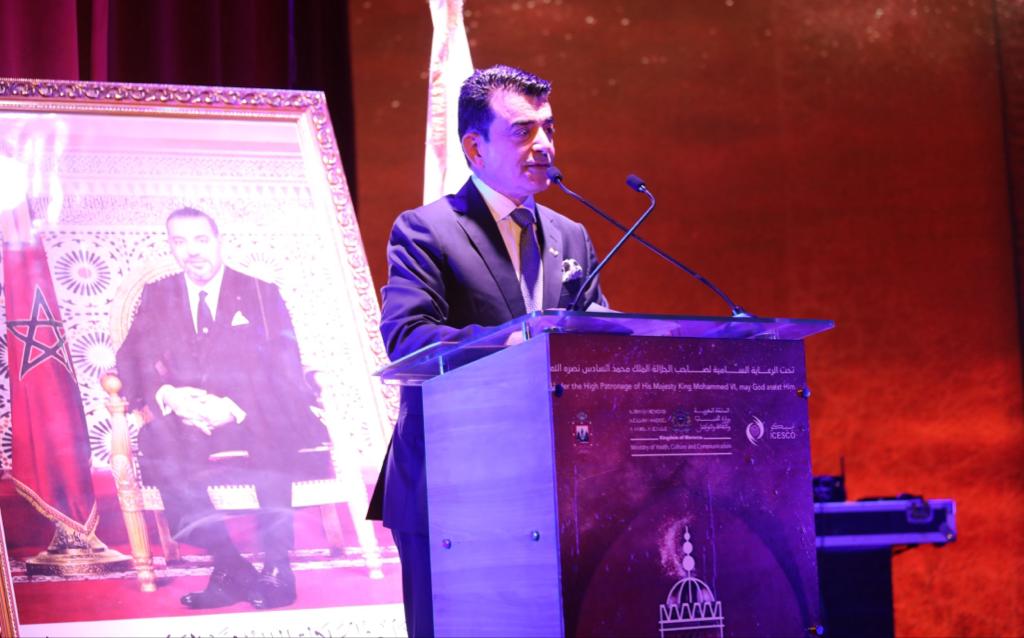
The ceremony began with performing the national anthem of the Kingdom of Morocco, followed by a video presentation highlighting the characteristics and features of the historic and ancient city of Marrakech.
In his address, Dr. Salim M. AlMalik stated that Marrakech is genuinely worthy of bearing the Capital of Culture of the Islamic World for 2024 in view of its abundant natural and historical richness and geographical uniqueness, describing it as a city of life, spirit and harmony. Dr. AlMalik added that the Almoravids laid the building blocks of Marrakech only for the Almohads to elevate its purity and beauty, for the Saadians to overflow its streets with art and welfare and for the Alaouites to transcend it to the pinnacle of glory and prosperity.
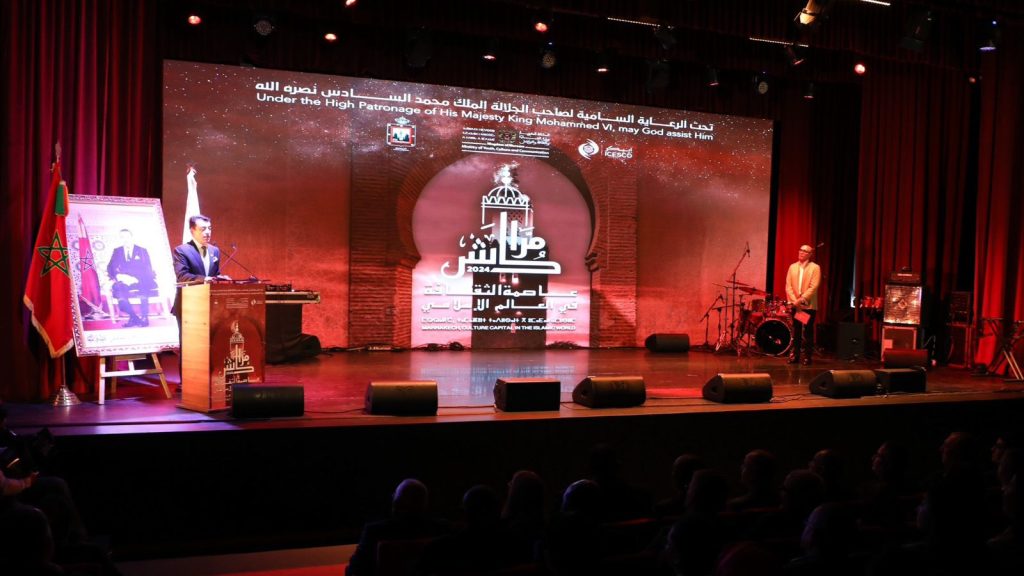
Furthermore, Dr. AlMalik stated that “the Seven Patrons” of Marrakech bestowed upon it the traits of piety, humility, generosity, dedication, and signs of good and that it is in honor of one of them that Cadi Ayyad University was named. The latter jointly coined with ICESCO the groundbreaking concept of “Civilisational Diplomacy” to initiate the world to the paths of wisdom, innovation and excellence. Dr. AlMalik added that the uniqueness of Marrakech lies in the calls of roadside sellers, the wit of the water sellers, the captivating narratives of storytellers in Halqa, the lively vibes of folk music, Dakka Marrakchia, and the unparalleled charm of Jemaa el Fna Square.
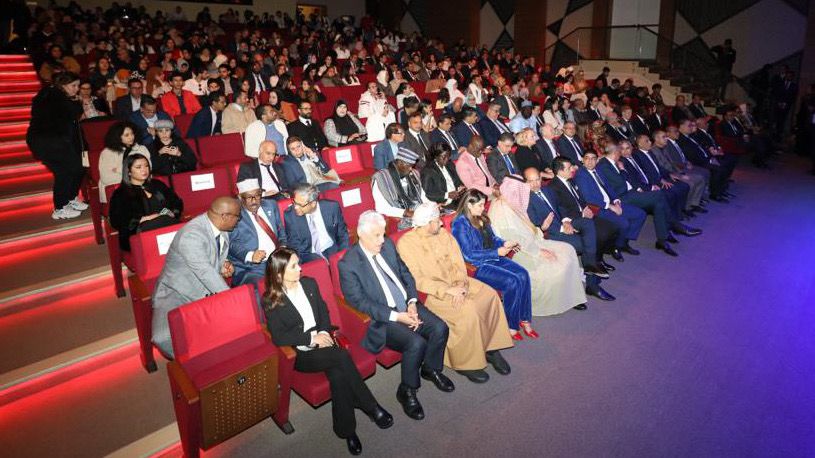
Following, Dr. Salim AlMalik, ICESCO Director-General, and Mr. Mohamed Mehdi Bensaid, Moroccan Minister of Youth, Culture and Communication, handed over the flag of Marrakech, Capital of Culture in Islamic World for 2024, to Mr. Mohamed Idrissi, First Deputy Mayor of Marrakech.
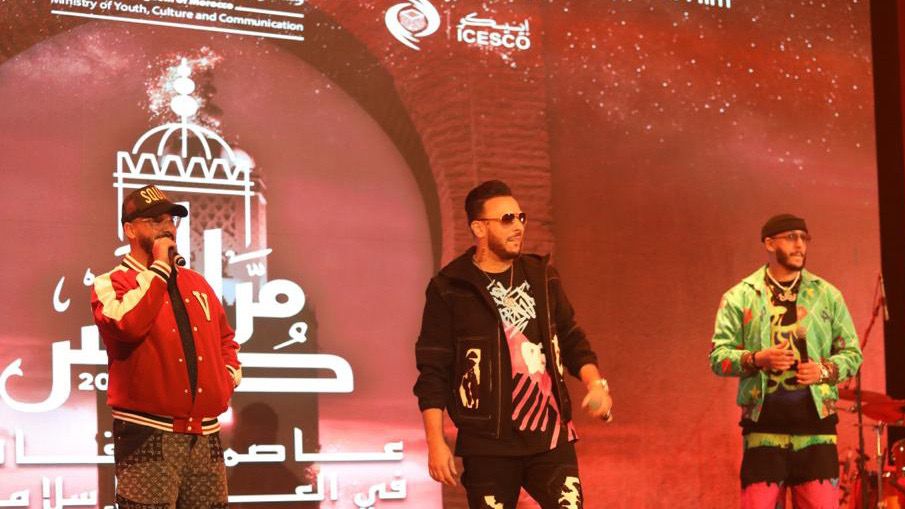
The celebration of Marrakech, Capital of Culture in the Islamic World for 2024, featured the official song of the ceremony, which will be played at related events during 2024, performed by the Moroccan group “Fnaïre”. The ceremony also showcased many artistic and lyrical performances that entertained the audience and transcended them to the realms of art that abound in the red city.
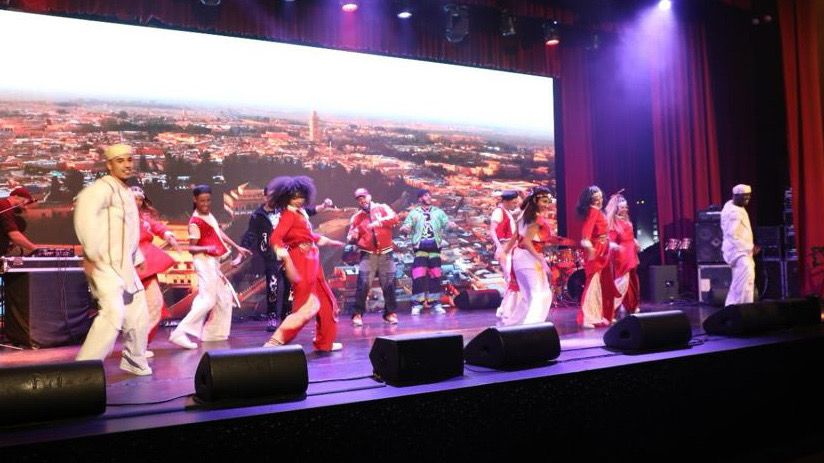
Toward the end of the ceremony, Dr. AlMalik recited a poem entitled “The Glorious Marrakech,” which he crafted and tributed to the city.
